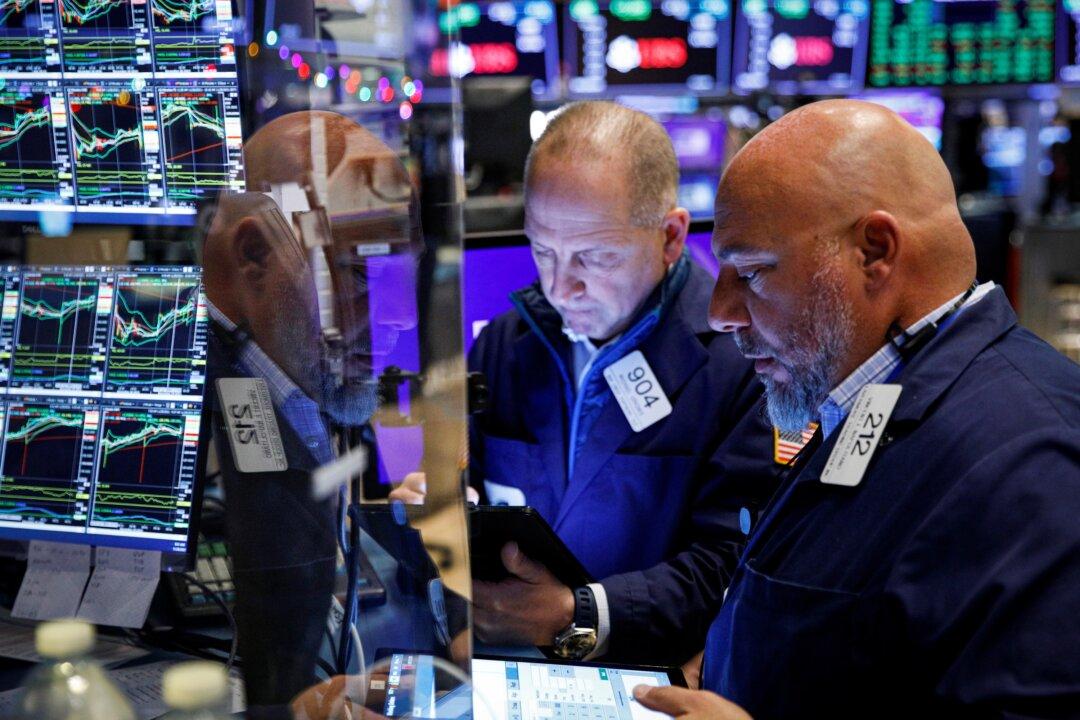Wall Street closed lower on Thursday as investors banked some profits after three straight days of gains and turned their focus toward upcoming inflation data and how it might influence the Federal Reserve’s meeting next week.
The Nasdaq was down more sharply than the S&P 500 while the Dow was virtually flat, ending down less than 1 point.





